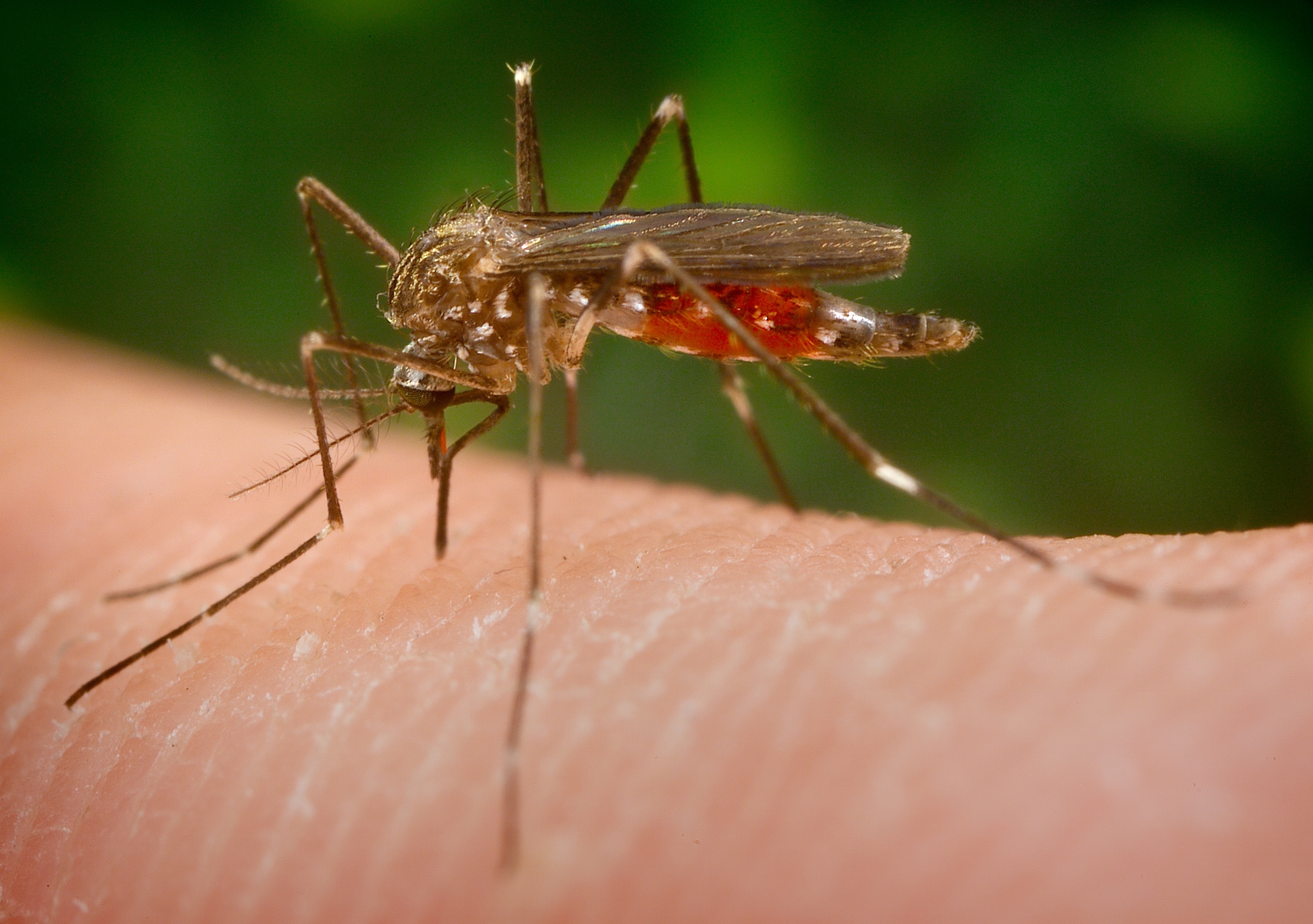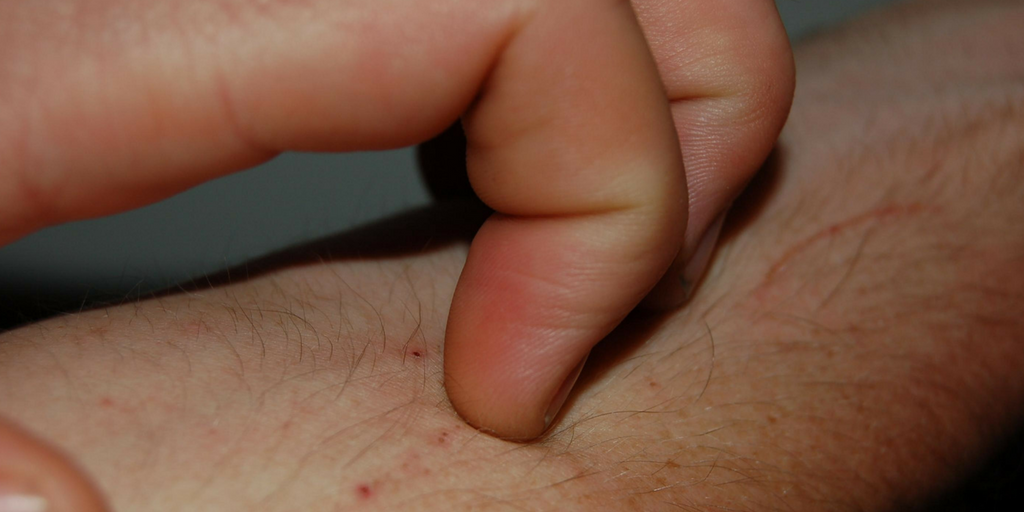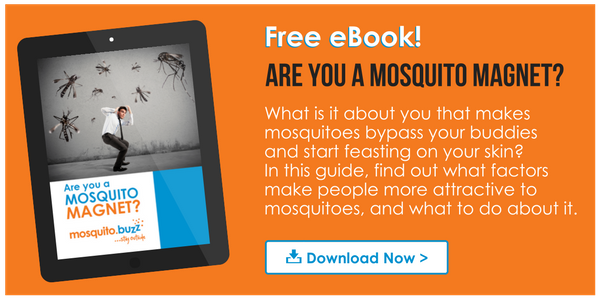
If you're a news junkie like myself, then you've probably been inundated with reports of West Nile-carrying mosquito sightings in Canada this summer. As mentioned by reputable outlets such as Global News and CBC News, mosquito traps set in Winnipeg, Ottawa, London and Simcoe County have all turned in West Nile-positive mosquito samples. And it's only August 2nd!
West Nile virus was first identified in the West Nile region of Uganda in 1937, but has attracted greater attention from Western countries in recent years. West Nile can potentially (though very rarely) cause a fatal neurological disease in humans; but the biggest concern when it comes to West Nile is the fact that 80% of infections in humans show no symptoms, making it incredibly difficult to diagnose. With no vaccine currently available for humans, the best way to reduce risk of contracting West Nile is mosquito control.
It's scary, sure, but there are precautions we can take to avoid contact with potential West Nile-carrying mosquitoes. Read on to learn more about the West Nile virus.
Who is at Risk?
Short (and scary) answer; anyone and everyone! Anyone can become infected if they are exposed to a mosquito bite. It only takes a single bite from an infected mosquito to contract West Nile virus, though the risk of WNV varies from year to year based on precipitation, temperature, and mosquito populations. The highest risk periods are generally when mosquito populations are at their peak during the summer months. Individuals spending time outdoors are greater risk of exposure.
Some people are at greater risk for serious health effects from West Nile virus. These include:
- People over the age of 50
- People with chronic diseases, such as cancer, diabetes, alcoholism or heart disease
- People who require medical treatment that may weaken their immune system, such as chemotherapy
According to the Centers for Disease Control and Prevention, West Nile can not be transmitted in the following ways:
- Through coughing, sneezing, or touching
- By touching live animals
- From handling live or dead infected birds. Avoid bare-handed contact when handling any dead animal.
- Through eating infected birds or animals.
What Are the Symptoms of WNV?

While most people who get WNV (70%-80%) show no symptoms and do not become ill, others may show symptoms that can range from mild to severe (though most cases are mild). First symptoms usually appear within 2 to 15 days after infection.
Mild symptoms may include:
- Fever
- Headache
- Mild rash
- Body aches
Very few people (fewer than 10% of those with symptoms) have severe symptoms that affect the central nervous system (nerve tissues in the brain and spinal cord).
Severe symptoms may include:
- Very bad headache
- Fever
- Stiff neck (you might have trouble moving your neck side-to-side)
- Nausea or vomiting
- Difficulty swallowing
- Drowsiness
- Blurred vision or worsening eyesight
- Confusion
- Muscle weakness and reduced coordination
Is There a Treatment?
Unfortunately, there is no specific treatment or vaccine for West Nile virus infection in humans. Health care professionals diagnose WNV infection based on the patient’s symptoms, geographic location and the time of year they were bitten, and the results of laboratory tests. Hospitalization or nursing care may be necessary depending on the patient. Although most people with serious symptoms and health effects fully recover, others can experience long term, ongoing health problems.
These problems may include:
- Physical effects, muscle weakness, headaches
- Mental effects, confusion, depression, concentration, memory loss
- Functional effects, physical activities, routine daily tasks
Quick tip: Reduce Breeding Areas
/reduce-standing-water.jpg?width=1024&name=reduce-standing-water.jpg)
Eliminating and removing possible breeding habitats for mosquitoes can greatly reduce populations. Mosquitoes breed in standing stagnant water, so take care to remove any objects or areas that could hold standing water on your property.
As it stands now, the key to combating West Nile is prevention. That's where we come in. Speak to Mosquito.buzz today about effective protection for you and your family, and be sure to stay outside for the rest of summer.



